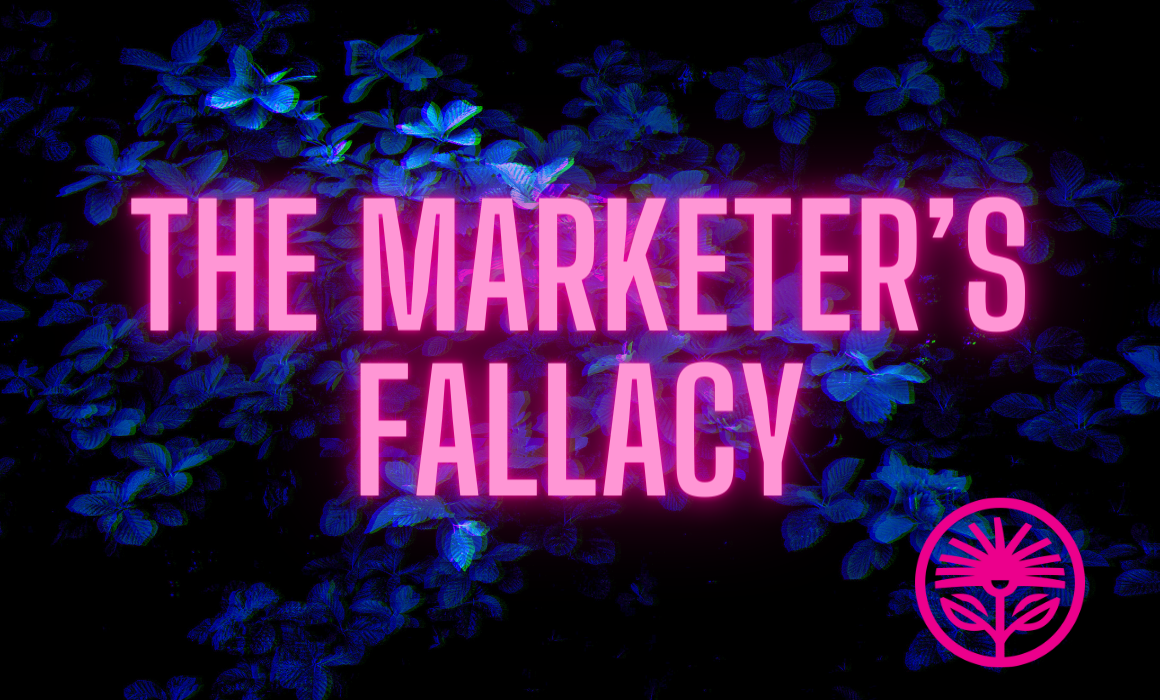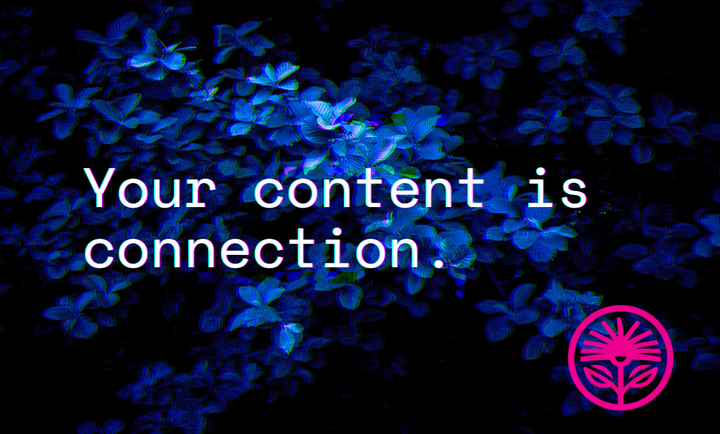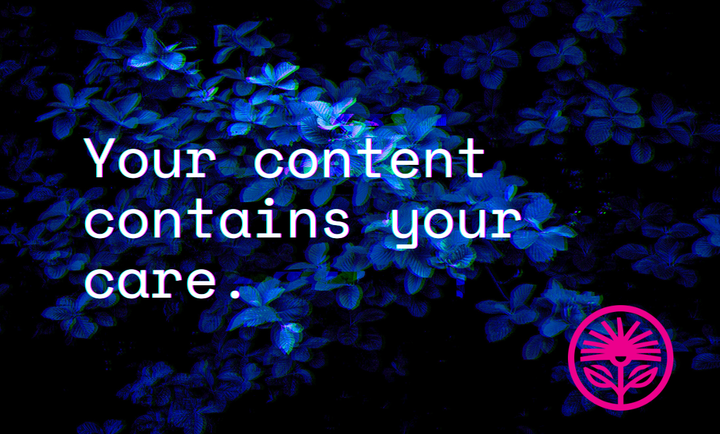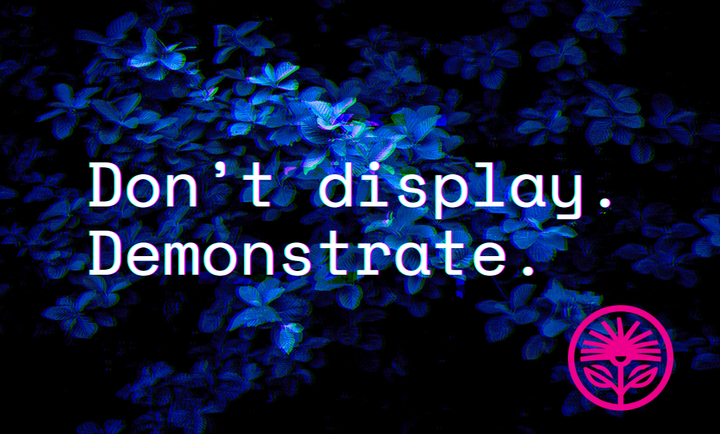The Marketer’s Fallacy
Attention is all that matters.

I think the most common fallacy marketer’s fall into is thinking attention or fandom is an asset in itself.
That fame is something we build and accumulate, and which compounds.
But I don’t think it actually works that way. I don’t think attention is something we own, I think it’s something we rent at a very high cost.
And too much of it, or the wrong kind, can cost us more than we can afford to maintain.
I’ve worked in PR and crisis comms long enough to know that all publicity is not good publicity. Much is actively harmful, and much of the attention we strive to get would hurt us if we actually did.
I know that sounds crazy: Attention is self-evidently useful for any business. It’s a requirement. Like Warren Buffet said in the context of Coca-Cola, it’s the CEO’s main job to make the brand more popular.
And that’s true! It’s the job of any entrepreneur to make the thing they’re selling profitably popular.
But poison is in the dose, as they say, and too much of anything hurts.
Like Wilbur Wright wrote to his brother, “Do not let people talk to you all day and all night. It will wear you out, before you are ready for real business.”
The attention of other people wears us out. It weighs on us and it distracts us. When we go for volume, we get a lot of noise.
In his autobiography, Barack Obama said he had a recurring dream during his presidency where he wasn’t famous anymore and nobody recognized him. In the dream, he writes, “I feel like I’ve won the lottery.”
Fortnite, once the most popular game on the planet, is losing money because they went for sheer growth and volume over profitable retention.
Mr. Beast, probably the most famous person of his generation, recently said he was “dying mentally” and that he operates on razor thin margins (and most of his videos lose money). Oh, and because of the “irresistible pressure to expand,” he’s in a $100 million fight with a vendor.
Attention doesn’t give you money, it costs it. It doesn’t give you profit, it erodes it.
So why would anyone want that much attention?
Well, for all the obvious reasons! It enables lots of things.
When Mr. Beast opened his burger restaurant in a mall, more than 10,000 people showed up. Of course, that led to complete chaos—and is related to that massive lawsuit—but it was a “success” thanks to his astonishing fame. The fact that many think the food is disgusting hardly mattered until the lawsuit.
As Rory Sutherland wrote in Alchemy, “Advertising comes from the latin 'anima advertere', or 'to direct attention.'” So, yes, getting attention is often the point of marketing and advertising.
If we don’t have our ideal customer’s attention, we certainly won’t get their business.
But that’s the thing: We want their attention, not the attention of a bunch of random strangers, haters, critics, and trolls.
We want to be profitably popular. Which means we don’t need popularity for its own sake, and popularity by itself won’t help.
We want purposeful popularity.
We want the people who want the stuff we provide to know about us, to know what we stand for, and to know what sets us apart.
But having a million views on a TikTok doesn’t do that. It grinds you down and exposes you to the kind of attention that hurts.
If you want to be famous, go for it. But if you don’t want that kind of attention, build slow and steady instead.
Fame may come to you, but if you build slow, build steady, and build sustainably, if it does, you might survive it. If you don’t, you don’t stand a chance.
As William Gibson wrote about our current world almost 30 years ago, “It’s easier to desire and pursue the attention of tens of millions of total strangers than it is to accept the love and loyalty of the people closest to us.”
It’s, frankly, harder to focus than it is to expand.
It’s harder to be profitably popular than it is to be ruinously famous.
So, the Marketer’s Fallacy is not that we just want attention.
The deeper, more insidious root of the fallacy is that it’s all we want.
When the truth is, we should want the attention of the people who want what we provide, and we won’t be helped by having the attention of people who don’t need us, like us, or care about us.
As Josh Kaufman wrote in The Personal MBA, “Attracting a prospect's attention doesn't help if they disappear: if you want to make a sale, you need to direct your prospects to take some kind of action.”
And if the action you’re driving them toward is a mere Like or View, the attention won’t help.
But if the right people know about us, our value, and why it’s the best option for them, it doesn’t matter how many fans we have.
Because we have something better than fans:
Valuable customers.



